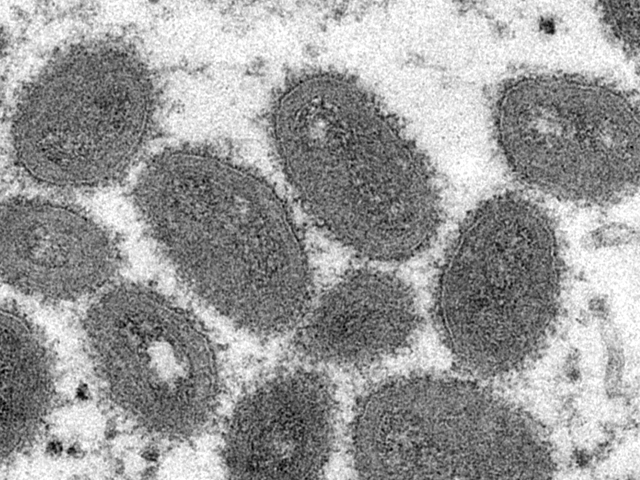The World Health Organization announced on May 20 that it would convene an emergency meeting of experts to discuss the possible consequences of the recent outbreak of monkeypox in many countries.
According to the British edition of the Telegraph, to date, cases of detection of this disease have been recorded in the UK, Spain, Belgium, France, Sweden, Italy, Australia, Canada and other countries.
The causative agent of monkeypox is a virus belonging to the poxvirus family. It was first isolated in 1958 from sick monkeys. It is similar in structure and properties to the human pox virus. Studies have shown that monkeypox virus is antigenically more similar to variola virus than to vaccine and vaccinia viruses. It grows well and multiplies in the shell of chicken embryos. Monkeys are the source of the infection, but there have been cases when the infection was transmitted from humans. Basically, this disease is diagnosed in patients under the age of 16 years.
Clinical picture: “The incubation period lasts from 7 to 19 days. The disease begins acutely, suddenly, with fever, headaches and muscle pains, dizziness, nausea, vomiting are also quite possible. The subsequent dynamics of the disease is similar to the symptoms of smallpox, often mild and moderate form.The main difference between monkeypox and human smallpox is the presence of lymphadenitis in almost 90% of patients.On the 3rd-4th day of illness, a rash appears, first on the face, then on the arms, then covers the trunk.It begins with the appearance of a spot with a diameter of about 6 -10 mm, then a papule forms at this place, which subsequently turns into a vesicle (a vesicle filled with transparent contents), then a crust forms, after which a scar remains. then the patient’s condition gradually improves.Mild forms of the disease can also be observed, in which the general condition remains normal. The total duration of the disease is 2-3 weeks.
Usually the disease proceeds benignly, a lethal outcome is observed in 10% of patients, mostly unvaccinated. Possible complications: encephalitis, meningoencephalitis, pneumonia, sepsis.
